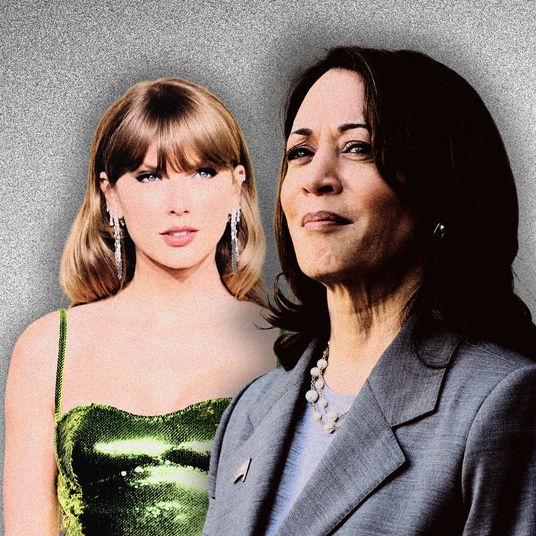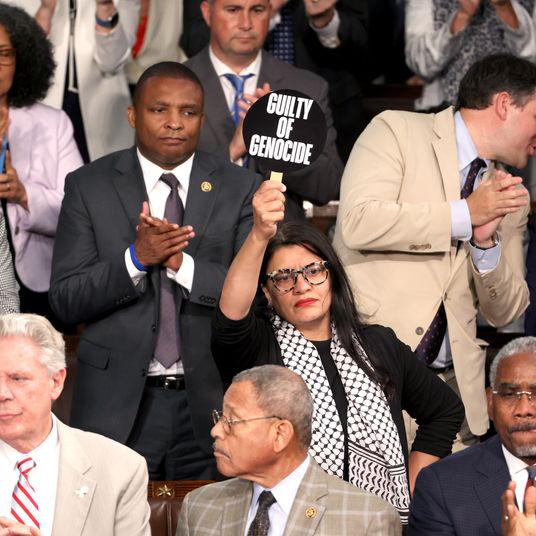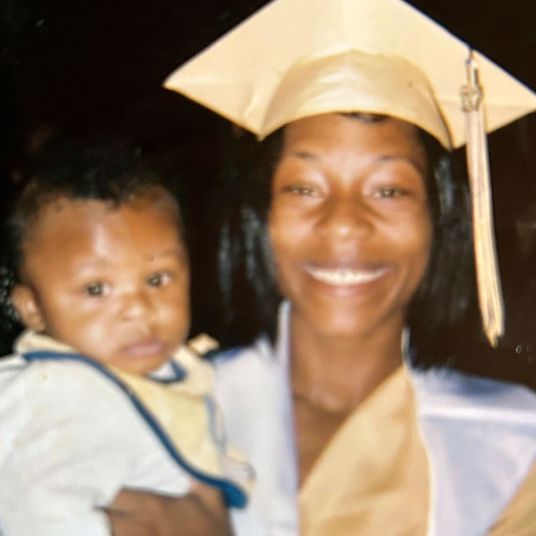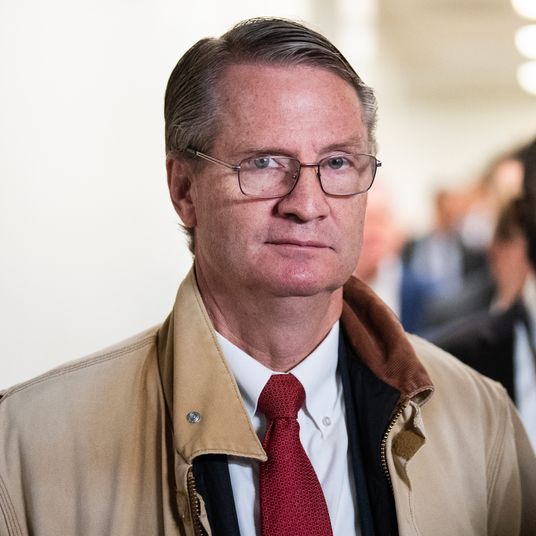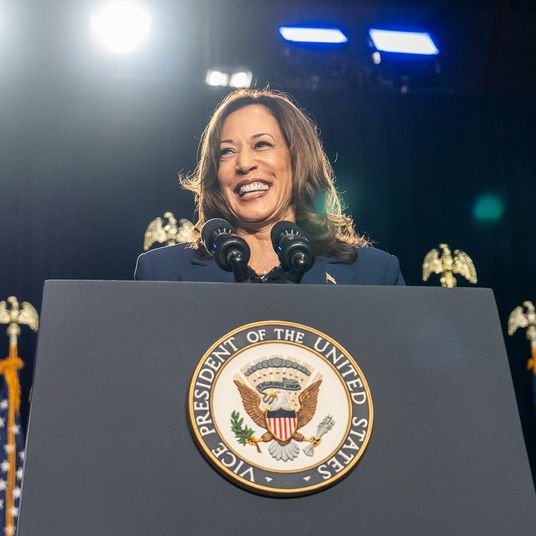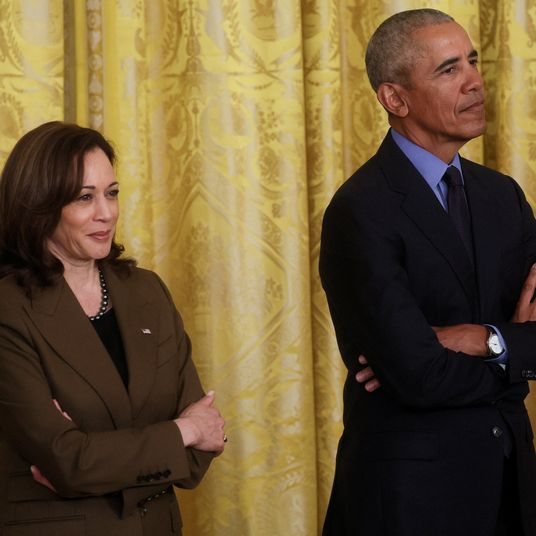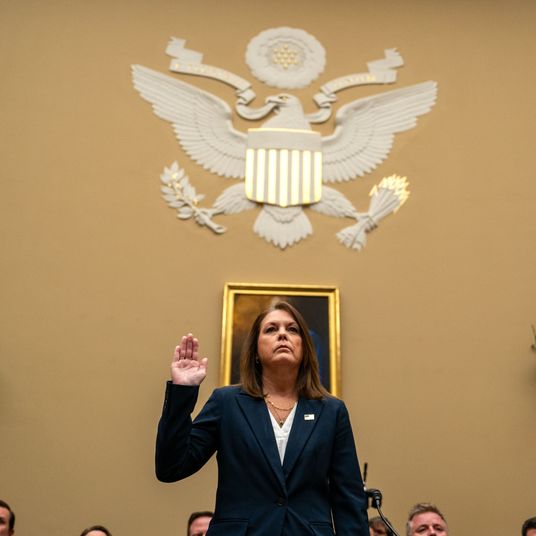
Shannon Harris didn’t believe in God when her friend invited her to Covenant Life Church one hot August day. A young aspiring musician, she knew little of Evangelicalism when she walked through the doors, but the community and the music pulled her in. She kept returning to the Maryland megachurch, where she became one of its first recording artists and sang regularly in front of thousands of people. With time, Harris caught the eye of the church’s youth pastor, Joshua Harris, a burgeoning Evangelical superstar. Less than three months after their courtship began, she was engaged.
The relationship was fortuitously timed. Harris had written a book, I Kissed Dating Goodbye, that would make him famous in conservative Christian circles. My Evangelical parents gave me a copy when I was 12, a dubious welcome to puberty. The book encouraged young Christians to avoid traditional dating relationships in an effort to maintain sexual purity. Even opposite-sex friendships could be suspicious, it claimed. The book sold over a million copies as Harris ascended the ranks at Covenant Life, first as youth pastor and later as senior pastor. He eventually published a follow-up, Boy Meets Girl, which I also eagerly read and which is dedicated to Shannon. In it, Harris purportedly tells the story of their courtship and eventual marriage. The message was tempting: Courtship works.
Life turned out to be more complicated. Harris resigned from Covenant Life in 2015, after a sexual-abuse coverup rocked the church and its parent ministry and implicated his mentor, C.J. Mahaney. (Mahaney has denied the claims against him.) Three years later, Harris disavowed I Kissed Dating Goodbye and then, in 2019, he announced that he had left the faith and that he and Shannon had separated. The headlines were all about Joshua back then. Shannon, though, was in the middle of her own story. No longer a plot device or a pastor’s wife, she was rediscovering her voice. In August, she published The Woman They Wanted, her account of life inside — and outside — the church. Courtship does not always work, it turns out, and conservative gender roles can damage lives.
The toll was enormous, Shannon Harris told me one afternoon in September, and it took her a decade “to find my way from the point of realizing that I am just dying and I am unhappy, I hate myself, because the theology tells me that I’m a terrible person and that I’m always wrong and that everything I do is tainted with evil.” That can happen when people you trust ask you to make yourself small.
Her courtship was never just about the two of them. Joshua Harris had a popular book and a position in the church, so there was no physical activity, only some hand-holding and the occasional hug. The courtship had plenty of problems, she wrote. “And perhaps none greater than the fact that the moment it started it stopped being about us.”
Church leaders rushed the relationship toward marriage, and Shannon soon felt the eyes of the congregation were on her. The first Sunday after the courtship began, she happened to be tired. “So during worship I had my hands resting in the back pockets of my jeans instead of raising my hands in the usual passionate way that people did during the singing,” she wrote. “Because I’m human and my arms were tired and because they were my arms.” As the service ended, a woman approached her. “It was the hands in the jeans, of course. I wasn’t worshipping ‘good enough’ now that I was in a relationship with the youth pastor. I needed to be an example now, she said. All the young people would be watching me.”
Doubt crept in early. Shannon wrote that she once wore a thin gold ring given to her by a high-school boyfriend. Though they were no longer together and she didn’t have feelings for him, she kept the ring as a reminder of a happy time in her life. Joshua wanted her to get rid of it. “What’s happening is the ring is kind of reminding everyone that I’m not this good little Christian girl that they maybe want,” she told me one afternoon in September. “It reminds them that I had these other boyfriends, that I went to secular school, that I wasn’t a virgin at this point.”
She deliberated for weeks. “I know Josh would like me to not wear the ring anymore, and it’s just really weighing on me in a way that is one of the first times where I’m really, really torn,” she said to me. Then she decided to get rid of it. “I throw the ring in the ocean,” she remembered. “It was like this moment where I really decided, Okay, I’m just going to throw away my path and pretend it doesn’t exist for all these people to make them more comfortable. It was a sad moment for me.”
The lost ring was a harbinger of trouble. Carolyn Mahaney, the wife of C.J., Covenant’s celebrity senior pastor, even told her that if she married Joshua, “I would have to give up my dreams.” As Shannon wrote, “I suppose I have to give credit where credit is due. She did try to warn me.” Her world narrowed as she took up a supporting role next to her prospective husband; church doctrine afforded her few other options. Covenant Life and its parent, Sovereign Grace Ministries, hold deeply conservative views about gender — views the members share with millions.
“Complementarianism is the doctrine that actually separated out the role between men and women and said that men were leaders in the home and they were the ones with authority. Women were asked to honor God by putting themselves under this leadership,” Shannon said. “It’s definitely sold as not the lording-over-you kind of leadership. This is servant leadership that’s going to protect and honor you and respect you.” The reality was different. “I think that’s one of the things that makes it so kind of sneaky and hard to sort out, because biblical submission is sold as a noble thing to embrace. It’s kind of appealing to this natural sense of protection, this wanting to build others up and build this community,” she added.
Complementarianism was “central” to her church, she said, and I know exactly what she means. I grew up in complementarian churches and later attended a conservative Christian college that promoted the same views on campus. I revolted against complementarianism before I revolted against God.
Shannon struggled, meanwhile, with a theology that emphasizes ownership — often over women. “I was also enlightened to the fact that my body never actually belonged to me. It belonged to God and my future husband. By having sex before I got married, I had actually stolen my own body out from under its true owners,” she wrote. That sense of ownership, she told me, “is built into that complementarian theology, that if you go back to where the origins of what that theology is, it’s in the story of Adam and Eve. The way they interpret the story of Adam and Eve is that God creates Adam first and Eve second, and so it’s like right off the bat, Adam has got authority over Eve.” Then because Eve listens to the serpent, who is Satan, Harris said her church believed that meant Eve is “easily deceived,” which is another reason to own her. “It just really undermines a woman on so many levels,” she said of this interpretation of the creation story. “Before I even walked into church and found a seat, my identity and my authority and my autonomy and agency and everything that makes me, me, was already undermined.”
To complementarians, there’s no way for a woman to break out of that inferior position — not that they acknowledge it as inferior in the first place. It’s a difficult role to accept. Before sermons on this topic, Shannon said the pastors would deliver what she called the “Butter Up” speech.
“Just telling women, ‘We respect you. We honor you. We cherish you’ — it’s almost like they were saying, ‘We know this is hard, but this is the way it is, and you can do it,’” she remembered. “I can almost recall the cadence of that speech happening over and over again before any sermon that addressed my role.” I have also heard variations on the Butter Up speech. For a while, they worked, but in my early 20s, I realized I didn’t feel cherished at all. No amount of persuasion could alter the fundamentally oppressive truth.
In complementarianism, women have limited spiritual authority. Once Shannon married and became first the youth pastor’s wife and then the senior pastor’s wife, what little power she did have was over other women. “I was given a small group of women to lead in my new role,” she wrote. The first task she was given was to tell a new pastor’s wife that her new position meant she could not pursue her dream career in veterinary medicine. The idea made her sick. “But I did it,” she wrote. “This time I was the cruel one, forcing obedience and conformity on a person I was supposed to love and care for.”
I asked if she perceived a tendency to pit women against one another in the church. “I do think conservative Evangelicalism falls under this model,” she said, “because it’s a hierarchical community,” one in which she had to show people what they were supposed to be like. “I do think women are used,” she continued. “They’re a part of the reason why we got stuck in it. Because women themselves are being mistreated, but they don’t see it and then they pass it on because we believe it’s noble and we believe it’s good. And so we’re literally selling it to our own kind, and it’s hurting us all and we don’t see it.”
It’s complicated, she added: “When you are limited in your power and then you are given a place where you can be powerful, I think different kinds of people are going to respond differently. They might not see that they don’t have power in other ways. I certainly didn’t totally understand the full scope of my situation.”
Now that she’s out of her marriage and the church, she sees some evidence that people are at least talking about the treatment of women in conservative denominations and congregations. “I think social media has connected people and allowed people who have been hurt by the church to find each other in ways that weren’t happening before,” she said. “I think that’s great. I do think this is a culture that censors outside voices, so the moment somebody expresses a dissenting voice or does something in the realm of unacceptable behavior or unacceptable ideas, they basically get censored and the door is not really open to listening to that person, which is really sad.” She still worries about women “trapped in highly conservative Evangelical spaces.”
“I think they’re buried under multiple layers and they’re not getting the sunlight, if that makes sense,” she explained. That sunlight has now returned to her own life; her next goal is to write more music, maybe a one-woman show. It feels good to have her story out in the world, she said. Her real story, not the version other people once told on her behalf. “I feel like it is really important for me to speak to this experience as a stronger, healthier version of me,” she said. “As much as I would’ve loved to just kind of move on, I think it was important for me to do this. I think it’s healthy for me to do this. It’s allowed me to find my voice.”











